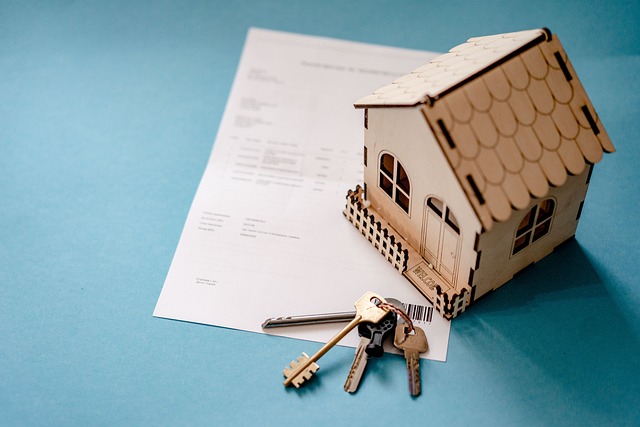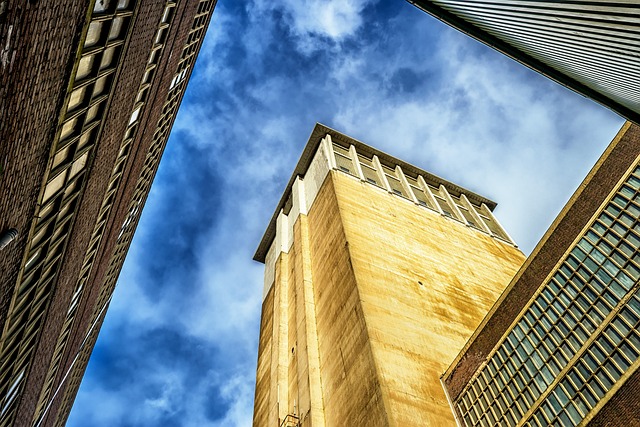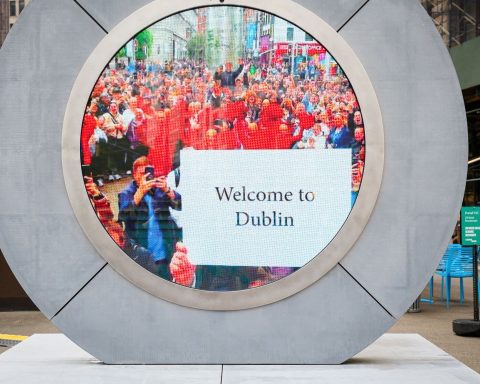[ad_1]


Overview: The Link between the Real Estate Cool Down and Rising Interest Rates
The era of booming real estate markets seems to be taking a pause as the correlation between cooling property demands and escalating interest rates becomes increasingly evident. Driven by the need to stabilize the economy and combat inflation, central banks worldwide have shifted to a stance of monetary tightening, inadvertently applying brakes to what has been, until recently, a red-hot sector.
Interest Rate Adjustments: Central Bank Monetary Policy and Market Reactions
Central banks’ meddling with interest rates is often a tool of choice to maintain fiscal equilibrium. However, recent rate hikes have manifested their effects not just on paper but in real-life market conditions, throttling the enthusiasm of potential buyers and investors. The affordability of loans becomes squeezed as mortgages rates climb, erecting steeper barriers to property ownership.
The Plight of First-Time Homebuyers: The Impact of High Interest Rates on Purchasing Power
For novices in the property market, the dream of homeownership is dulled by the current financial climate. High interest rates equate to prohibitive monthly repayments, thus disqualifying many from securing a mortgage. This pivotal segment of the market faces a significant challenge, with many forced to delay their purchases or settle for less desirable options.
Adjustment in the Commercial Real Estate Market: Shifts in Investor Behavior
The commercial real estate market isn’t immune to the turmoil brought on by interest rate rises. Investors are recalibrating their strategies, veering away from what once seemed like failproof real estate investments. The focus now drifts towards opportunities that can withstand market fluctuations, including properties with long-term leases to creditworthy tenants.
Real Estate Bubble Risk Assessment: Expert Perspectives
As the market cools, the discourse around real estate bubble risks intensifies. Experts diverge in their assessments—some sounding the alarms of a potential burst, while others believe the market is self-correcting in nature. What remains a consensus is the necessity for vigilance and strategic foresight to navigate the impending uncertainty.
Housing Price Trends Forecast: Analysis and Predictions by Economists
Economists stand divided over forecasting the path of housing prices. A faction anticipates a soft landing with moderate price declines, citing historical resilience. Meanwhile, others predict severe contractions as a consequence of the current economic milieu. Regardless, the property market’s future seems to be charted more by macroeconomic indicators than by real estate fundamentals.
Long-Term Outlook on the Real Estate Market: Historical Data and Future Trends
Taking a long-range view of the real estate market provides context to the current situation. Patterns from the past help in understanding that the market is cyclical, subject to ups and downs. Although contemporary factors like global economic health exert influence, the trends suggest eventual recovery and growth.
Conclusion: The Impact of Real Estate Market Cooling Trends on the Economy and Prospects
In summation, the real estate sector’s cooldown has wide-reaching ramifications. Not only does it affect individual homeowners and investors, but it also reflects and affects the general state of the economy. As for the future, the blend of preparedness and adaptability seems to be the best course for navigating this evolving landscape.
[ad_2]







